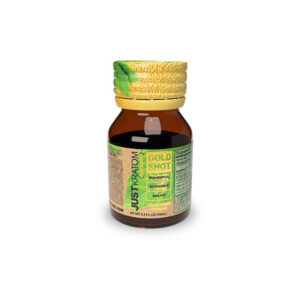As CBD and CBD products become increasingly popular topics of discussion in the field of herbal medication, the ever-widening scope of potential CBD benefits continues to grow. These days, it’s not uncommon for someone to hear about CBD (cannabidiol) or its products. It’s certain that CBD’s popularity has gone up rapidly, especialy with the passage off the 2018 Farm Bill. However, because CBD is still emerging, there remains a lack of research and studies which leaves room for confusion to arise. One frequently ask question is – are CBD and Hemp the same? Simply, CBD and hemp are not the same. While they are closely related to each other, there are important differences between hemp vs CBD you should be aware of. Before we discuss the differences between hemp and CBD, it’s first important to understand what each is.
What is CBD?
In short, CBD (cannabidiol) is a compound produced by the cannabis plant. When we talk about CBD, we always take into consideration its array of potential benefits to help treat various ailments. CBD is frequently used to treat both humans and animals, making it a universal medication. In addition, the minimal to zero side effects of CBD are a plus. However, these are just a few obvious aspects of CBD. And in order to better understand what CBD is, you need to know about cannabinoids.
Contrary to popular conception, cannabinoids are not found only in marijuana plants. In fact, there are three different categories of cannabinoids:
Endocannabinoids
The human body has its own system which produces cannabinoids – the Endocannabinoid System or the ECS. The word “endo” means from “within the body.” Hence, endocannabinoids or eCBs are cannabinoids produced within the body. Some examples of eCBs include Anandamine and 2-arachidonoylglycerol.
Phytocannabinoids
The word “phyto” relates to plants. Thus, phytocannabinoids are cannabinoids produced by plants. CBD, THC, CBG, CBC, CBN, etc are a few types of phytocannabinoids. Phytocannabinoids are present in different ratios in the cannabis plants and the content of each phytocannabinoid varies from the difference in families of plants, i.e. Cannabis Sativa and Cannabis Indica.
Synthetic Cannabinoids
These are artificially prepared in the laboratory, allowing any cannabinoid to be prepared based on the need.
CBD, or cannabidiol, is one of the phytocannabinoid extracts of the cannabis plant. It is produced by both the hemp plant and marijuana plant and is just one of 100+ other compounds present in these plants. Although Dr. Roger Adams and his team at the University of Illinois discovered CBD in 1940, they had no idea about what it was and were not sure of what they had actually discovered. After further research, Dr. Raphael Mechoulam determined CBD’s unique atomic structure. Since then, more research on CBD was performed and it was found that CBD is more than what was initially expected.
CBD is a sister compound of THC or tetrahydrocannabinol. Because THC and CBD are often discussed hand-in-hand, many expect CBD to cause intoxication or be addictive. However, in reality, the nature of CBD is completely opposite to rest of the cannabinoids, especially THC. CBD is completely non-psychoactive and doesn’t cause any addiction. There have been repeated tests on CBD and the WHO has stated that not only is CBD non-addictive but also it is completely safe as there are no records of fatality or addiction so far due to the use of CBD.
One inaccurate myth about CBD is that it gets converted to THC in the human digestive system. This notion has been tested and determined to be completely false. Apart from synthesizing in a laboratory, there is no way CBD can be converted into THC.
What is Hemp?
Hemp or Industrial Hemp is a variety of cannabis plant just like Marijuana. It has been in existence for centuries. Both then and now, hemp is used extensively for making clothes, textiles, paper and ropes. With changing time and technological advancements, further discovery into hemp’s usuability continues to increase. Today hemp is used for making biofuel, shoes, insulation material, cement, paint, biodegradable plastics and animal feed as well.
A major difference between the hemp plant and the marijuana plant is the relationship to the Cannabis Indica plant family. Hemp is only a member of the Cannabis Indica family while marijuana may belong to both Cannabis Indica or Cannabis Sativa sects. There are similar features in both due to similarity in the same breed of plant, but, since they are two different entities, there are naturally going to be certain differences. The major differences between hemp anre marijuna are:
Hemp vs Marijuana
- Marijuana has higher concentrations of THC and less content of CBD, while hemp has higher content of CBD and lower content of THC. In fact, the amount of THC in hemp is so small, it can’t be detected in the body. Furthermore, any ingestible hemp product must have less than 0.3% THC.
- Hemp is used for both industrial and medical purposes. The industrial purposes have been leveraged for centuries. The medical purpose has been met with more technical developments in recent times.
- Hemp is legal in all the states of America as long as the THC content is below 0.3%. Marijuana for medical asnd recreational usage is legal in some while it is illegal in other states.
- One major difference is also in the anatomy of marijuana & hemp. While marijuana plants grow short & bushy with broad leaves, hemp plants are taller, with thinner leaves & are more concentrated towards the top.
Hemp vs CBD: The Differences
Now that we’ve define CBD and hemp, it’s time to explore the differences between hemp vs CBD. Here are important difference you should know:
Hemp is a Plant. CBD is a Component of a Plant.
Hemp is a plant in itself and houses various cannabinoids. CBD on the other hand isn’t a plant but is just ONE of the canninoid compounds of the plant presented in large concentration. While hemp contains CBD, the natural CBD content of the hemp plant is much lower than what one can get from a CBD product.
Benefits
As a chemical compound, CBD offers its own unique benefits. Because hemp contains CBD, it offers those benefits along with other potential benefits of its own.
Use in Foods or Cooking
Hemp and CBD can both be used in baking and cooking. Hemp seeds are rich in omega-6 and omega-3 fatty acids. And they can be eaten directly as seeds, sprouted, or even cold-pressed into oil. Hemp seed oil is indeed used for cooking up ahead on its own & is a common kitchen-shelf item for many.
CBD oil on the other hand is an extract. CBD is most commonly added as an ingredient such as in drinks or edibles. There are CBD cooking oils as well but they contain CBD mixed with olive oil.
Nutritients
Hemp seeds are rich in fats for most while proteins, carbohydrates are also present. CBD doesn’t have any nutritional value or content.
Uses
CBD products generally used only in topicals and oral dosage items. Conversely, hemp is used to manufacture many items such as:
- Biofuel
- Cement
- Clothes & Textiles
- Cooking Oil
- Insulants
- Animal Food
- Shoes
- Paper
- Paint
Final Thoughts about Hemp vs CBD
As you can see, there are major differences between hemp and CBD. While hemp and CBD are a part of each other and very closely related, hemp is the source of CBD and offers advantage in the variety of ways that it serves in. But, CBD has more potential medical benefits like treating anxiety, seizures, insomnia, schizophrenia, relieving of pain, skin repair, acne reduction, anti-inflammation, vomiting & nausea, heart benefits, etc. CBD products available on the market range from oils, tinctures, vapes, capsules, edibles, topicals, and more. On the other hand, hemp houses a huge variety of products as well as different benefits.
Both CBD and hemp have been around for a long time and both have contributed widely to good as well. History has given us evidences of how hemp has been of use for mankind while cannabis has been of use for medical ailments. Now that it has been recently legalised in the USA and Britain, there are high hopes to reap both industrial and medical benefits. While industrial firms are working towards finding new ways to use hemp in products, medical firms are researching CBD.
Monika Wassermann is a doctor and a freelance writer based in the UK who lives with her cat Buddy. She writes across several verticals, including life, health, sex and love, relationships and fitness. Her three great loves are Victorian novels, Lebanese cuisine, and vintage markets. When she’s not writing, you can find her trying to meditate more, weightlifting, or wandering around in town.
[email protected]
- Lip Fillers, Botox, Dermal Fillers, Anti-Wrinkle Injections in Bank EC2 - March 22, 2024
- Kratom Gold Shots BY Just Kratom-Golden Bliss: My Liquid Kratom Adventure with Just Kratom Gold Shots - September 30, 2023
- My Vaporesso POD Vaping Adventure: Flavors, Fun, and Device Delights - September 11, 2023



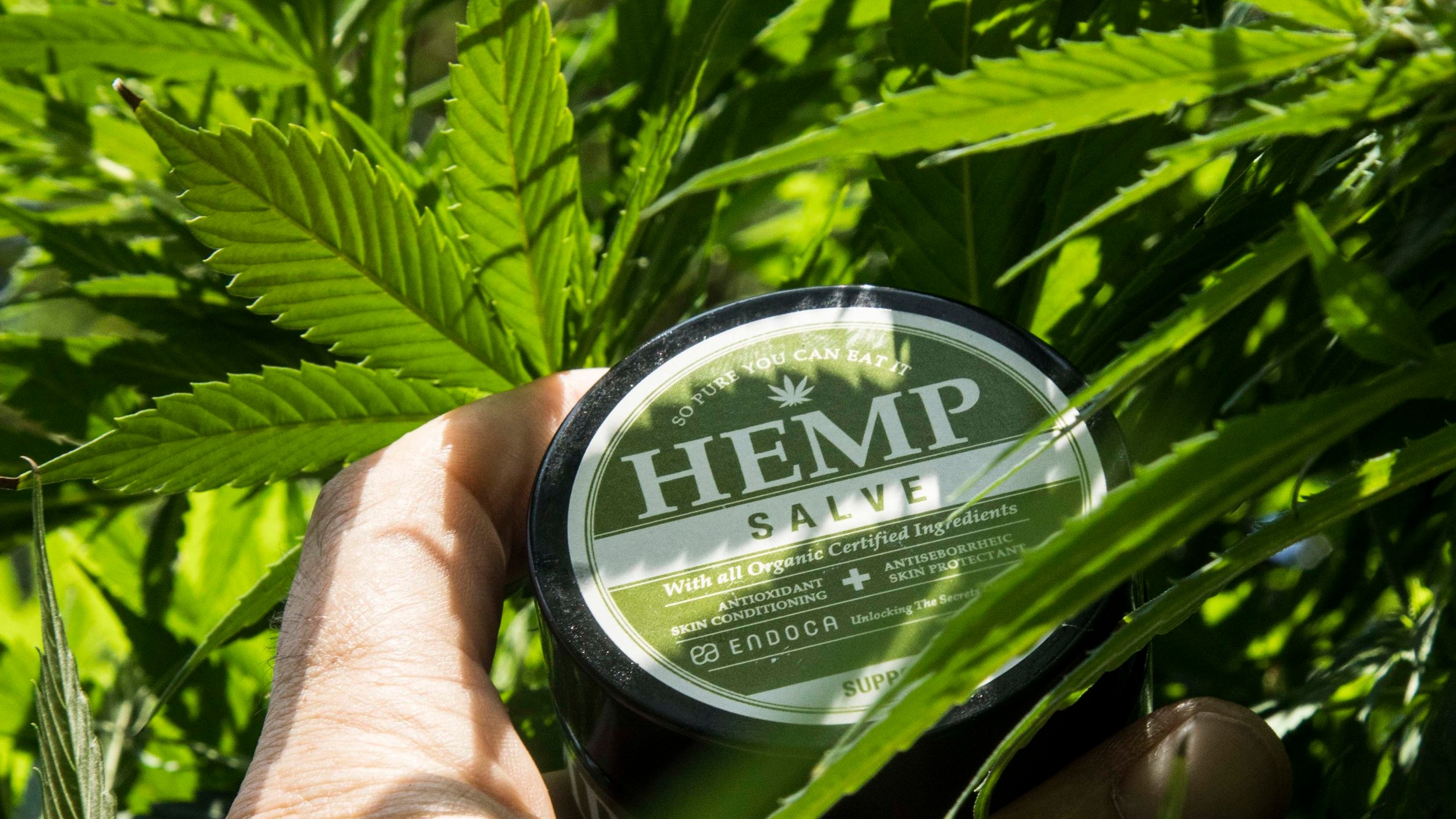





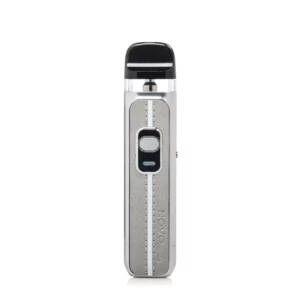
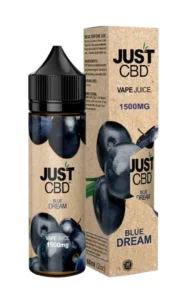
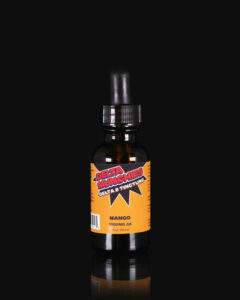
![Expedition - Trail Edition [Black]](https://atomicvaporstore.com/wp-content/uploads/2023/10/Expedition-Trail-Edition-Black-300x300.webp)

